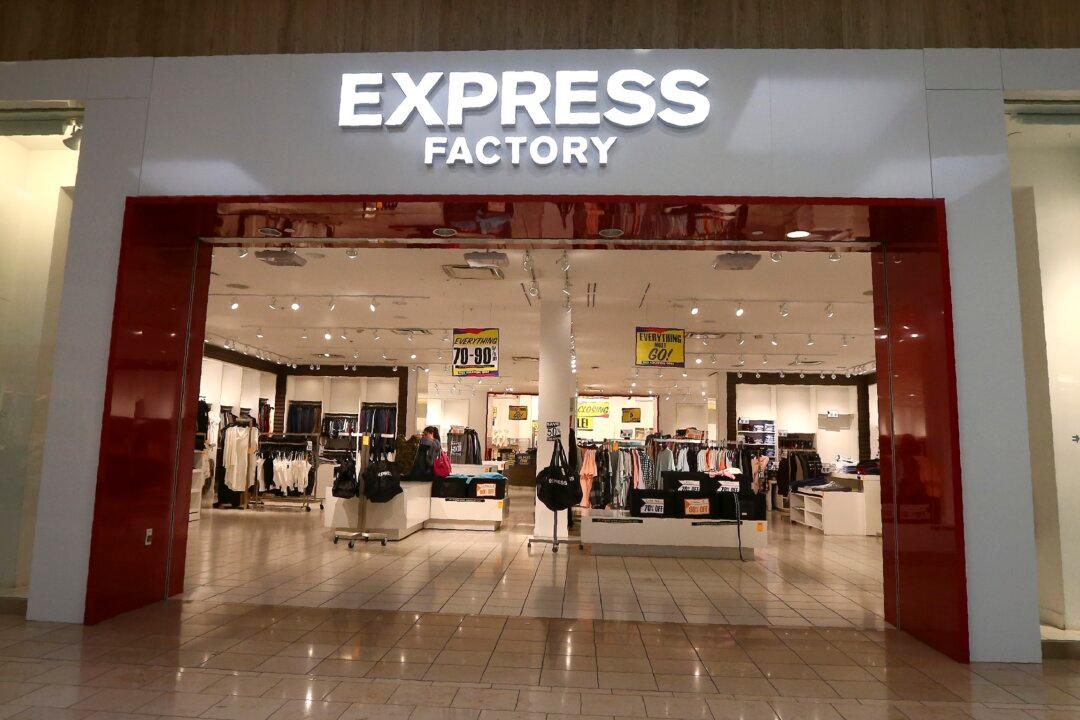NEW YORK—Express Inc—once a trendsetter of casual office attire that has struggled to compete with the likes of Zara and H&M—has filed for Chapter 11 bankruptcy protection.
The retailer based in Columbus, Ohio, and founded in 1980 also said Monday it is seeking to sell the majority of its stores.





